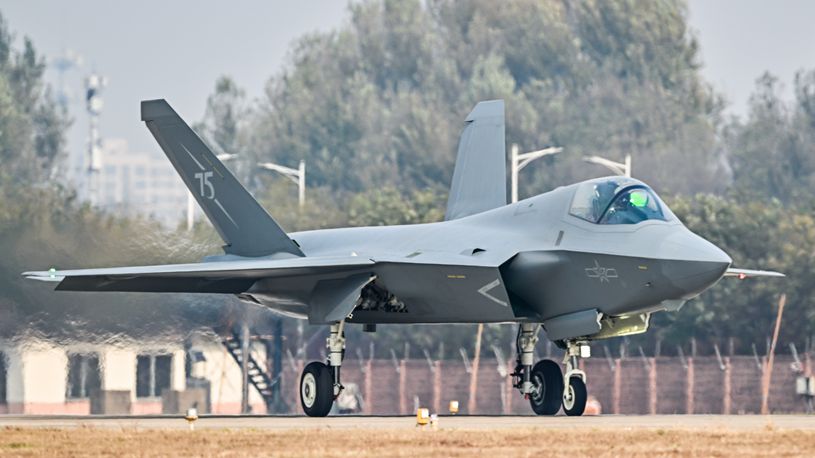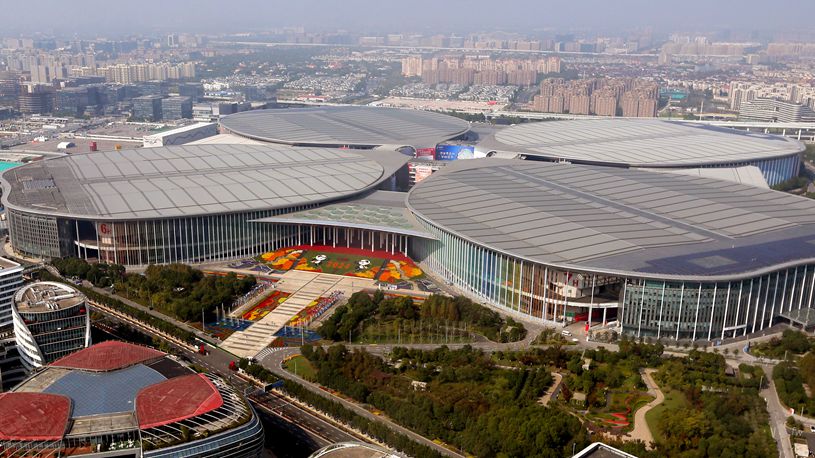People's negative experiences with the economy after inflation played a major role in the red wave, helping Trump secure the swing states, Clay Ramsay, a researcher at the Center for International and Security Studies at the University of Maryland, told Xinhua.
by Matthew Rusling, Xiong Maoling
WASHINGTON, Nov. 6 (Xinhua) -- U.S. President-elect Donald Trump pulled off a victory in the 2024 presidential election Tuesday, as voters remained divided on protracting issues including inflation and Middle East conflicts.
The win was a landslide against his Democratic opponent and Vice President Kamala Harris. Trump managed to lead in swing states including Pennsylvania, Georgia, North Carolina, Michigan, and Wisconsin, with final results still pending in Nevada and Arizona.
The president-elect ushered in a "red wave" in which the GOP gained control of the Senate and could possibly retain the House majority.
Analysts believe one factor leading to Trump's victory is inflation. Food inflation has increased over 25 percent since 2019, according to some estimates, alongside rising rent, gas prices and interest rates.
Republican voter Austin Vandertie, a six-generation small farm owner in Door County, Wisconsin, recently told Xinhua that his main concern is inflation, as it has driven up the costs of feed and fertilizer, "basically everything that it takes for me to make a good product."
According to a survey released by Pew Research Center in September, Trump's key advantage is on the economy, which voters consider the most pressing concern this year. A 55-percent majority of voters say they are very or somewhat confident in Trump to make good economic decisions, compared with 45 percent for Harris.
Latino voters "took a big right turn" in an election dominated by voter outrage over the high cost of food and housing, which helped Trump secure a second term in the White House, according to a report by NBC News.
"I think the election was largely a repudiation of the state of the nation since the last election," Christopher Galdieri, a political science professor at Saint Anselm College, told Xinhua.
Issues such as inflation, high gas prices, and skyrocketing housing costs have weakened Harris's support to a point where Trump could sweep the swing states, he added.
People's negative experiences with the economy after inflation played a major role in the red wave, helping Trump secure the swing states, Clay Ramsay, a researcher at the Center for International and Security Studies at the University of Maryland, told Xinhua.
"This helped Trump attract, according to exit polls, 30 to 40 percent of Latino and Asian voters that Harris solely needed," Ramsay said.
Additionally, observers argue that Middle East conflicts have prompted Arab and Muslim voters -- traditionally supportive of Democrats -- to look elsewhere.
In Michigan's Arab-American majority city of Dearborn, unofficial results show that Trump won 42 percent of the vote, while Harris received 36 percent, a shift from 2020 when Joe Biden had won almost 70 percent of Dearborn voters, the New York Times reported.
"Trump made gains across the board and in many different geographic areas," Brookings Institution Senior Fellow Darrell West told Xinhua.
"Voters liked his America First agenda and pledge to get tough with other countries," West said. ■











